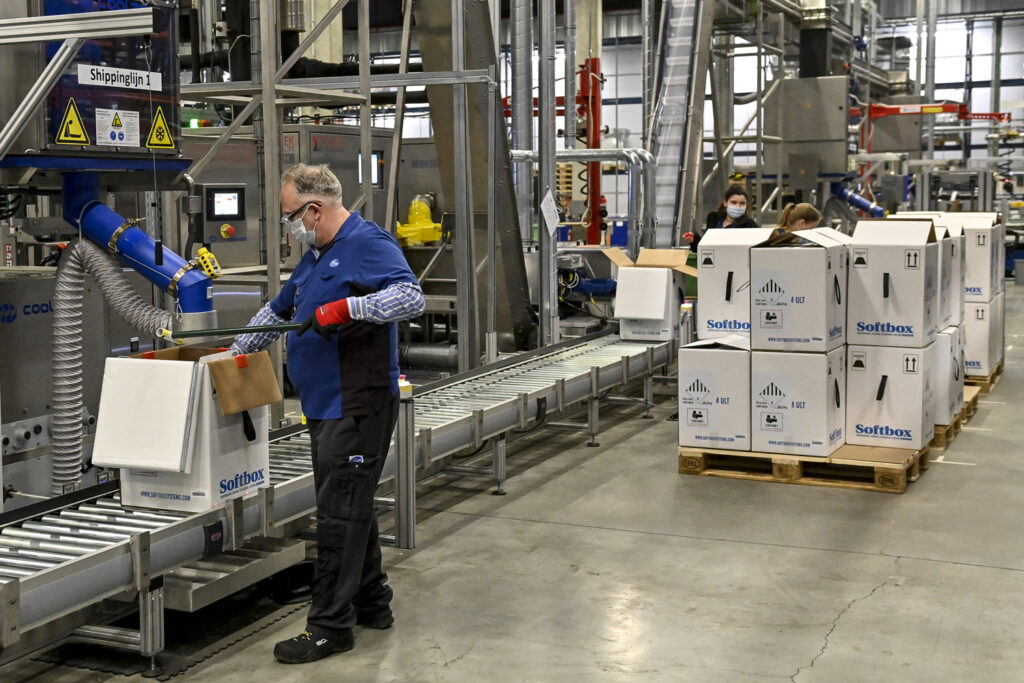Belgium exported nearly €22 billion worth of vaccines last year, making it the world’s leading vaccine exporter, according to an analysis by pharmaceutical industry federation Essenscia.
During the COVID-19 crisis, Belgium emerged as a crucial hub for vaccines, and it continues to hold the number one position globally, evenafter the pandemic.
Essenscia’s figures show that Belgium exported €21.9 billion worth of vaccines last year, far surpassing the United States, Ireland, Spain, and Italy. Almost a third of these exports went to the United States, with other top destinations including Germany, Japan, the United Kingdom, Brazil, France, and China.
Coronavirus vaccine exports have, understandably, declined in recent months. However, other vaccine exports increased by nearly 20% in the first half of the year.
Essenscia advocates an ambitious pharmaceutical and biotech strategy at the regional, national, and European levels to maintain Belgium’s leading position.
The sector federation highlights that Belgium has been renowned, for decades, for its scientific knowledge and industrial expertise in vaccines, covering every phase of the value chain, from innovative research and clinical trials to advanced production and global logistics.
Key research centres include VirusBank (Catholic University of Leuven), Vaccinopolis (University of Antwerp), and the European Plotkin Institute for Vaccinology (Université Libre de Bruxelles and University of Antwerp).
These, along with over 30 specialised pharmaceutical and biotech companies, together with an advanced logistical network, form a powerful ecosystem.
Over €2 billion has been invested in the latest vaccine production technologies, including mRNA technology, by companies such as Pfizer in Puurs, GSK in Wavre and Gembloux, and smaller players like AstriVax in Leuven and Quantoom Biosciences (Univercells) in Nivelles.
To retain its international leadership, Essenscia calls for a forward-looking policy. Belgium must maintain a stimulating environment, particularly by preserving the current form of the innovation deduction, exemption from payroll tax for researchers, and attractive fiscal measures to attract foreign investment.
Belgium’s role as a global logistical hub for health products should also be supported, the sector federation recommends.
In this regard, it is essential to facilitate pharmaceutical cargo logistics through airports, maintain night flights, develop intelligent mobility solutions, ensure a stable regulatory framework focused on competitiveness and reduce regulatory pressure, it adds.
Lastly, Essenscia aims to continue the work of the Biopharma R&D consultation platform with the next federal government.

